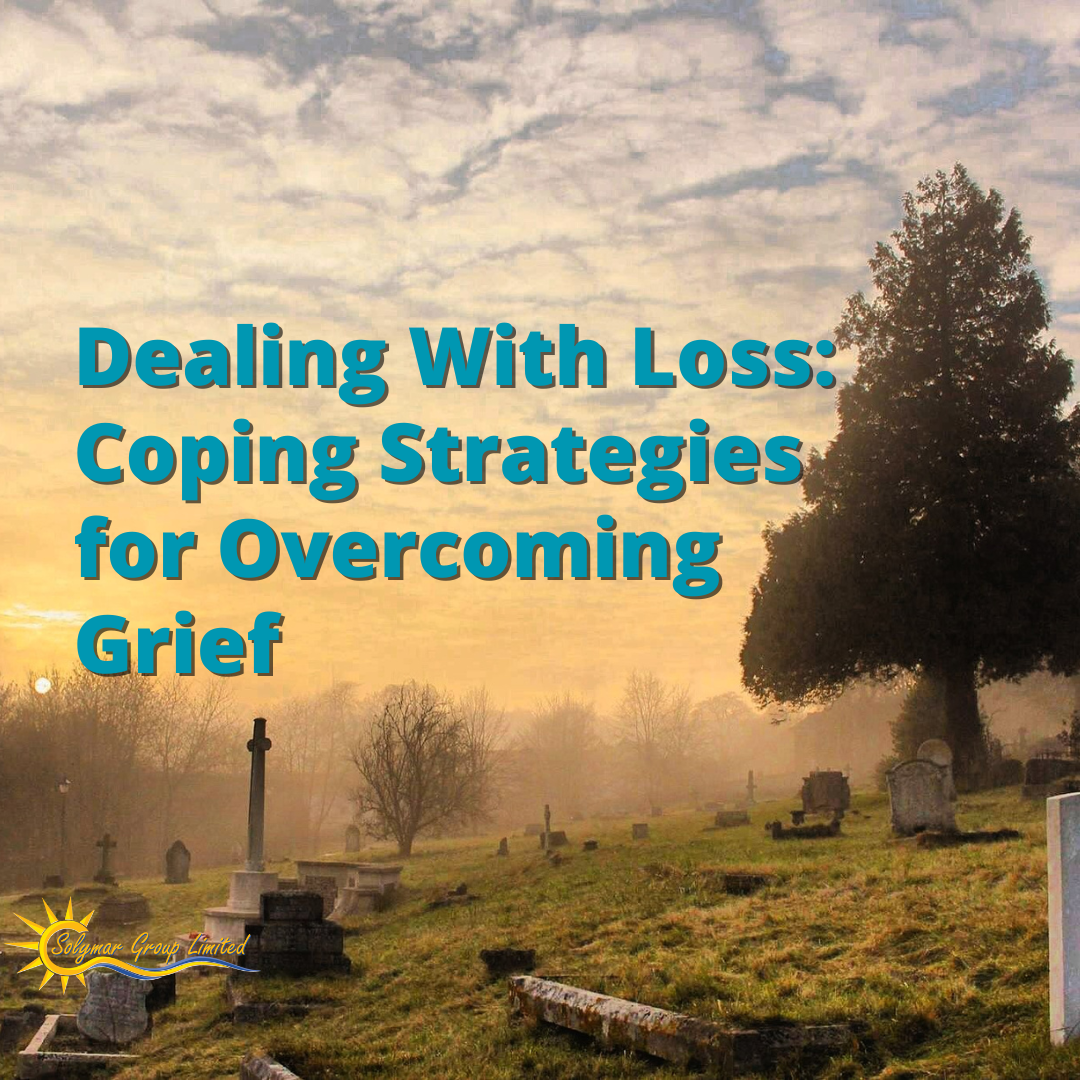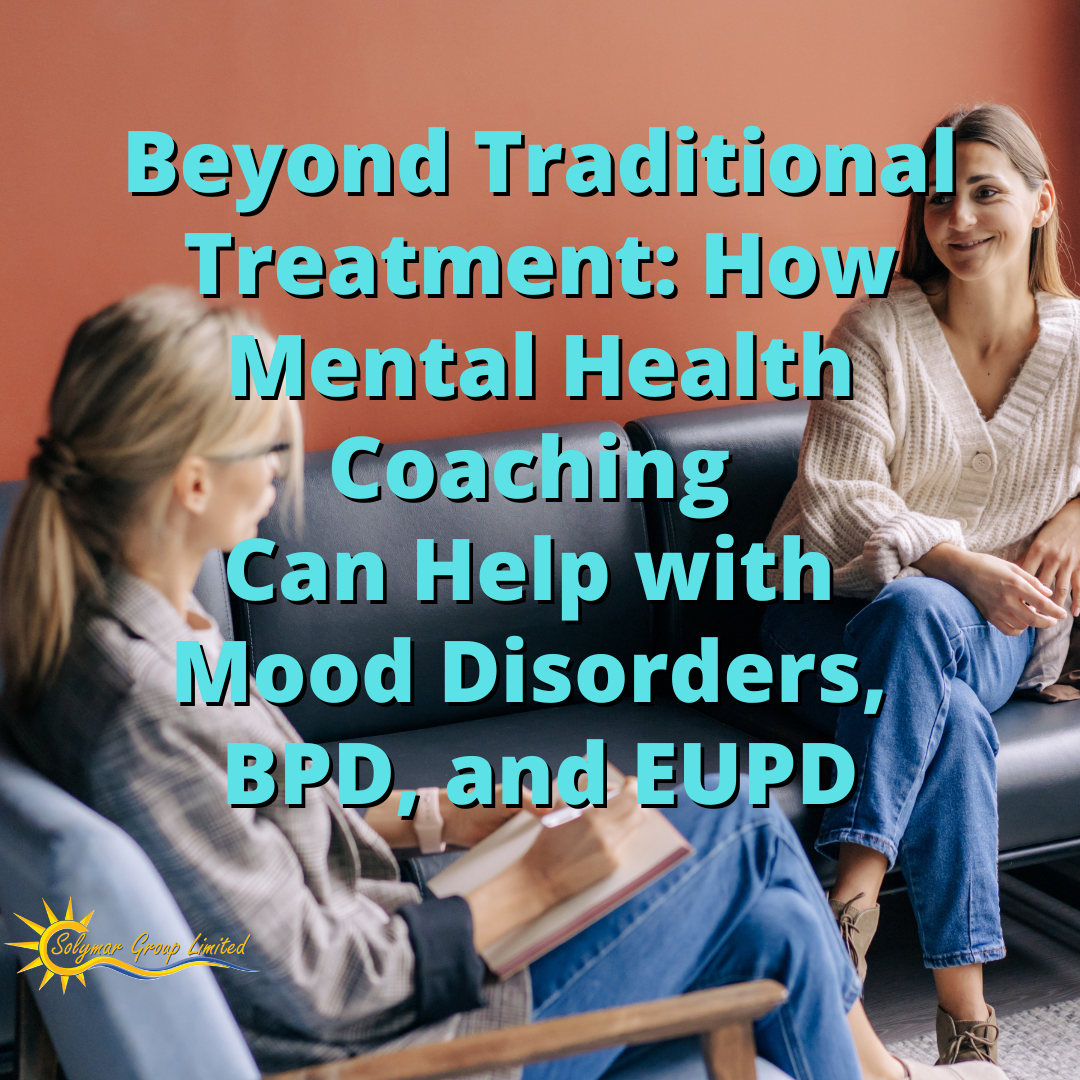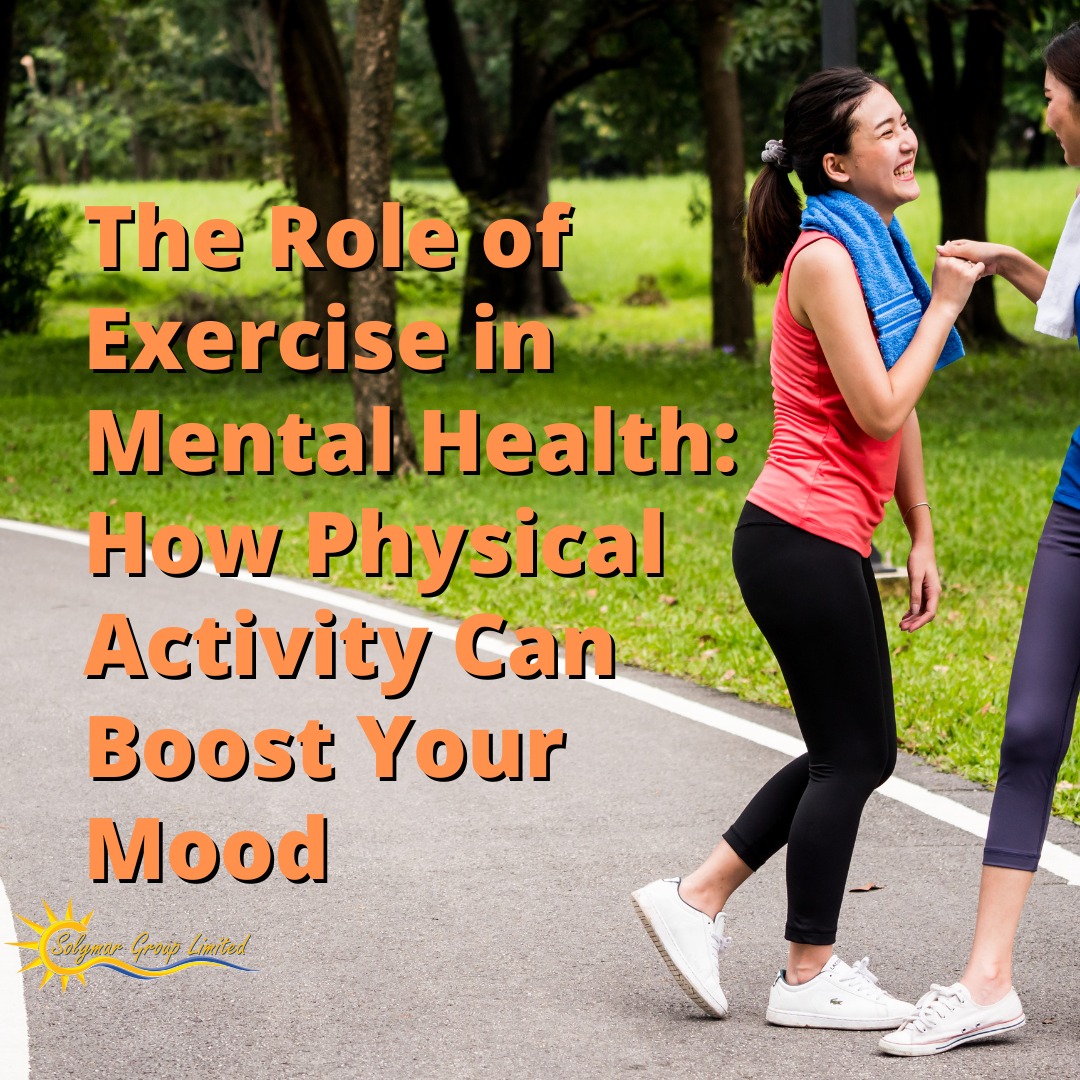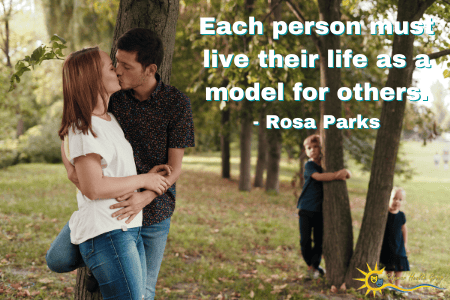 Losing a loved one can be one of the most challenging experiences we face in life. Grief is a natural response to loss, and everyone experiences it differently. Some may feel numb or overwhelmed by their emotions, while others may experience physical symptoms such as fatigue, loss of appetite, or difficulty sleeping. Coping with loss is a personal journey, and there is no right or wrong way to do it. However, there are some strategies that can help you overcome grief and move forward.
Losing a loved one can be one of the most challenging experiences we face in life. Grief is a natural response to loss, and everyone experiences it differently. Some may feel numb or overwhelmed by their emotions, while others may experience physical symptoms such as fatigue, loss of appetite, or difficulty sleeping. Coping with loss is a personal journey, and there is no right or wrong way to do it. However, there are some strategies that can help you overcome grief and move forward.
Acknowledge Your Feelings
The first step in coping with loss is to acknowledge your feelings. It's essential to allow yourself to feel sad, angry, or any other emotion that comes up. Suppressing your feelings can lead to prolonged grief or even depression. Instead, talk to someone you trust or join a support group. Expressing your feelings can help you process them and find comfort in knowing that you are not alone in your grief.
Take Care of Yourself
Grief can take a toll on your physical and emotional well-being. Taking care of yourself is critical in coping with loss. Make sure you are eating nutritious meals, getting enough sleep, and exercising regularly. You may also want to consider trying relaxation techniques such as meditation or yoga. Taking care of yourself will not only help you feel better physically but also emotionally.
Create a Routine
Losing someone can disrupt your daily routine, making it challenging to find a sense of normalcy. Creating a new routine can help you feel more in control and provide a sense of structure. Try to maintain your regular activities, such as going to work or school, and incorporate new activities that bring you joy. Whether it's taking a walk, reading a book, or cooking a meal, finding activities that you enjoy can help you feel better.
Memorialize Your Loved One
Creating a memorial for your loved one can be a healing and comforting way to cope with loss. You may want to create a photo album or a memory box filled with items that remind you of your loved one. You can also make a donation to a charity or plant a tree in their memory. Memorializing your loved one can provide a sense of closure and help you cherish their memory.
Seek Professional Help
Sometimes, coping with loss can be overwhelming, and it may be challenging to find your way forward. Seeking professional help can provide you with the support you need to cope with your grief. A mental health professional can help you process your emotions, provide coping strategies, and offer support as you navigate through your grief. There is no shame in seeking help, and it's essential to prioritize your mental health.
Find Meaning in Your Loss
Finding meaning in your loss can be a challenging but essential part of the grieving process. You may want to reflect on the lessons you've learned, the memories you've shared, or the impact your loved one had on your life. It's important to remember that your loved one's legacy lives on, and finding meaning in your loss can help you honor their memory.
Connect with Others
Connecting with others who have experienced similar loss can provide you with a sense of community and understanding. Joining a support group or participating in grief counseling can offer a safe and supportive space to share your experiences and feelings. You may also want to consider volunteering or reaching out to others who are grieving. Helping others can provide you with a sense of purpose and fulfillment.
In Conclusion
Dealing with loss is never easy, but with the right coping strategies, you can overcome your grief and move forward. Remember to acknowledge your feelings, take care of yourself, create a routine, memorialize your loved one, seek professional help, find meaning in your loss, and connect with others. Coping with loss is a personal journey, and there is no set timeline for healing. Be patient with yourself and allow yourself time to grieve. It's okay to feel sad, angry, or overwhelmed. However, it's important to remember that you will get through this. With the right support and coping strategies, you can find healing and hope in the midst of your loss. Remember that your loved one's legacy lives on, and they will always be a part of your life. May you find peace and comfort as you navigate through your grief.
Hashtags: #loss #grief #copingstrategies #mentalhealth #support #selfcare #memorializing #professionalhelp #findingmeaning #community.



 Mental health coaching is an evidence-based approach that helps individuals with mood disorders, borderline personality disorder (BPD), and emotionally unstable personality disorder (EUPD) to manage their mental health effectively. Mood disorders such as depression and bipolar disorder are characterized by persistent feelings of sadness or elation, while BPD and EUPD involve unstable relationships, self-image, and emotions. Mental health coaching can help individuals develop healthy coping strategies, reduce negative thoughts and behaviours, and improve overall well-being.
Mental health coaching is an evidence-based approach that helps individuals with mood disorders, borderline personality disorder (BPD), and emotionally unstable personality disorder (EUPD) to manage their mental health effectively. Mood disorders such as depression and bipolar disorder are characterized by persistent feelings of sadness or elation, while BPD and EUPD involve unstable relationships, self-image, and emotions. Mental health coaching can help individuals develop healthy coping strategies, reduce negative thoughts and behaviours, and improve overall well-being. Sleep is essential for overall well-being, yet so many of us struggle with getting a good night's rest. Whether it's due to stress, anxiety, or other health issues, a lack of sleep can take a toll on both our physical and mental health. Thankfully, aromatherapy is a natural and effective way to promote relaxation and sleep. Here, we'll explore 5 essential oils for better sleep and how they can help you get the rest you need.
Sleep is essential for overall well-being, yet so many of us struggle with getting a good night's rest. Whether it's due to stress, anxiety, or other health issues, a lack of sleep can take a toll on both our physical and mental health. Thankfully, aromatherapy is a natural and effective way to promote relaxation and sleep. Here, we'll explore 5 essential oils for better sleep and how they can help you get the rest you need. Mental health is an essential component of our overall well-being. Unfortunately, mental illnesses are prevalent worldwide and can cause significant distress, affecting the quality of life of those affected. Fortunately, there are various ways to improve and maintain good mental health. One of the most effective and accessible ways is through exercise. Exercise can help boost your mood and improve your mental health in various ways. Let's explore the role of exercise in mental health and how physical activity can boost your mood.
Mental health is an essential component of our overall well-being. Unfortunately, mental illnesses are prevalent worldwide and can cause significant distress, affecting the quality of life of those affected. Fortunately, there are various ways to improve and maintain good mental health. One of the most effective and accessible ways is through exercise. Exercise can help boost your mood and improve your mental health in various ways. Let's explore the role of exercise in mental health and how physical activity can boost your mood. Our thoughts have a powerful impact on our mental health, and positive thinking is one way to harness that power. Positive thinking is a mindset that involves focusing on the good and optimistic aspects of life. It requires looking at things with a positive attitude and having a hopeful outlook. By practising positive thinking, you can improve your mental health, cope with difficult situations, and reduce stress and anxiety.
Our thoughts have a powerful impact on our mental health, and positive thinking is one way to harness that power. Positive thinking is a mindset that involves focusing on the good and optimistic aspects of life. It requires looking at things with a positive attitude and having a hopeful outlook. By practising positive thinking, you can improve your mental health, cope with difficult situations, and reduce stress and anxiety. Life can get stressful, and finding ways to relax and unwind is crucial for our mental and physical health. Mindful breathing is one practice that has been shown to reduce stress and promote relaxation. It is a simple technique that involves paying attention to your breath and being present in the moment. In this article, we will cover the benefits of mindful breathing, how to practice it, common challenges, and ways to incorporate it into daily life.
Life can get stressful, and finding ways to relax and unwind is crucial for our mental and physical health. Mindful breathing is one practice that has been shown to reduce stress and promote relaxation. It is a simple technique that involves paying attention to your breath and being present in the moment. In this article, we will cover the benefits of mindful breathing, how to practice it, common challenges, and ways to incorporate it into daily life.




